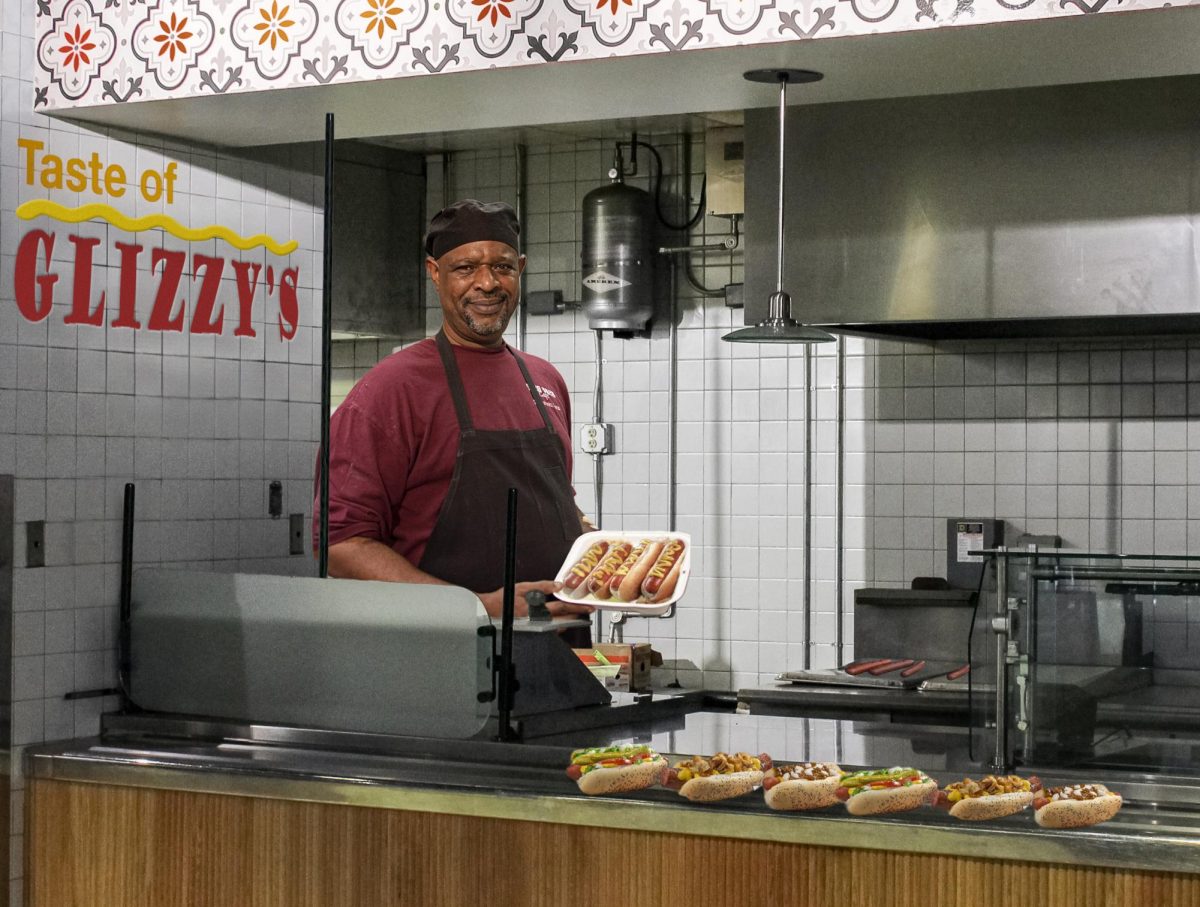Photo by Kathleen Creedon
This spring, Zipcar ended its agreement with the university. The company, which is a car-sharing service, decided to remove its vehicles from campus due to a lack of usage.
According to David Tuttle, dean of students and associate vice president for Student Life, this was a long time coming.
“We were kind of on warning for the last year or two. It just wasn’t making money for them,” Tuttle said. “It had been kind of a slow build.”
The university didn’t pay to have Zipcar on campus; students did. Zipcar users could pay $7/month or $70/year for a membership — which covers gas, insurance and maintenance — on top of a charge for hourly or daily usage.
When students weren’t using the service, it wasn’t worth the expense for the company to keep vehicles at Trinity.
“They purchased these cars, you know, so they could use them elsewhere and get more revenue,” Tuttle said.
According to Tuttle, the company was supposed to retrieve the two cars by mid-April, and now, the cars and the sign that designated Zipcar parking are gone.
In the Fall 2019 semester, the company peaked with roughly 17 monthly drivers. The number is low compared to the Spring 2019 semester’s peak, which was 21 monthly drivers.
When Trinity first unveiled Zipcar in 2015, the service replaced Hertz On Demand on campus. At the time, Tuttle told the Trinitonian that the Hertz rental program was removed from campus because the program collapsed nationally.
For now, the university will not be looking into an alternative service.
“It was really the best [option]. It didn’t cost us anything. Normally when you rent a car, you have to be 25, but for this, you could be 18, as long as you have a driver’s license. It took international driver’s licenses,” Tuttle said.
The lack of usage is unrelated to the move off-campus, and the decision was made earlier this semester, according to Tuttle.
“When we started this program, it was before Uber or Lyft, and I think that’s just simpler for people,” Tuttle said. “I mean, it never had a lot of use. It just never really caught on.”







